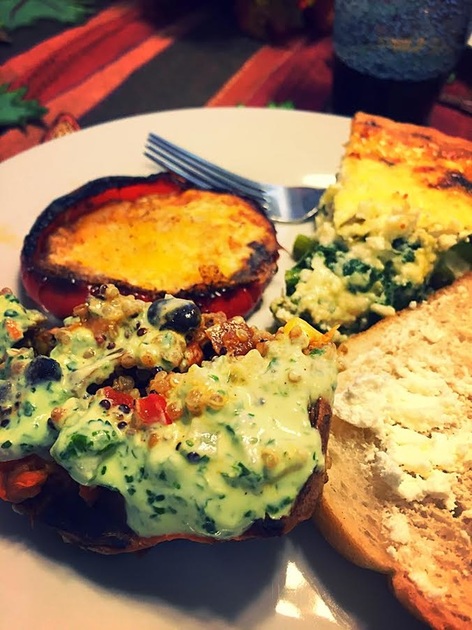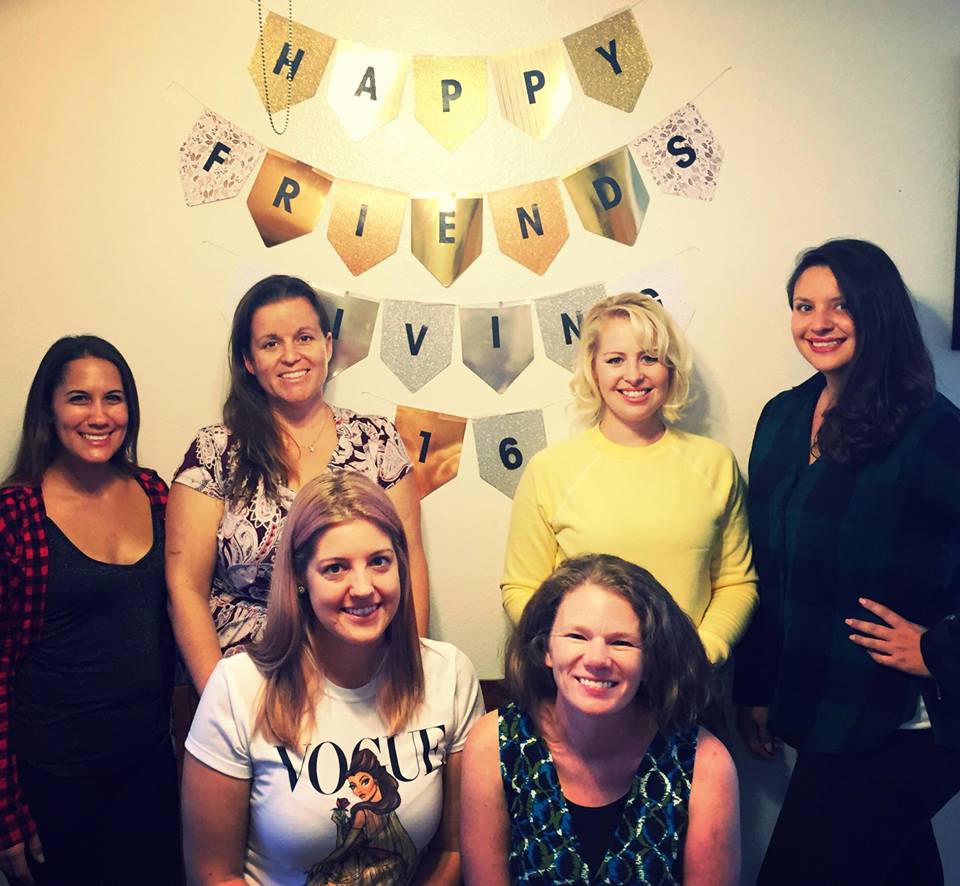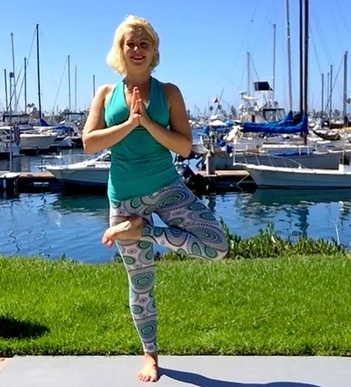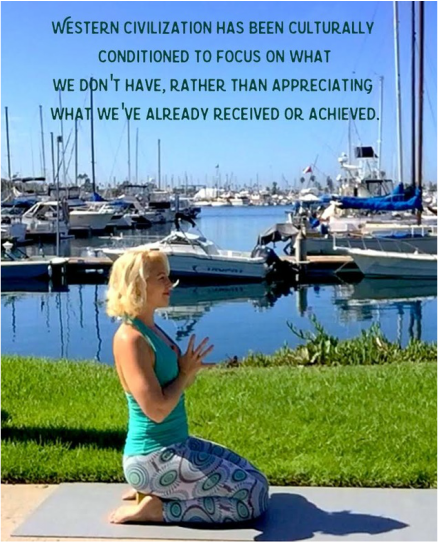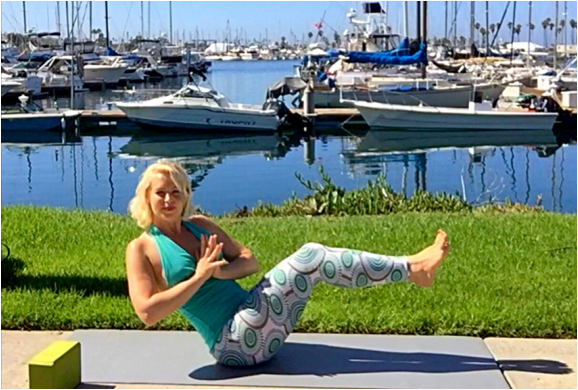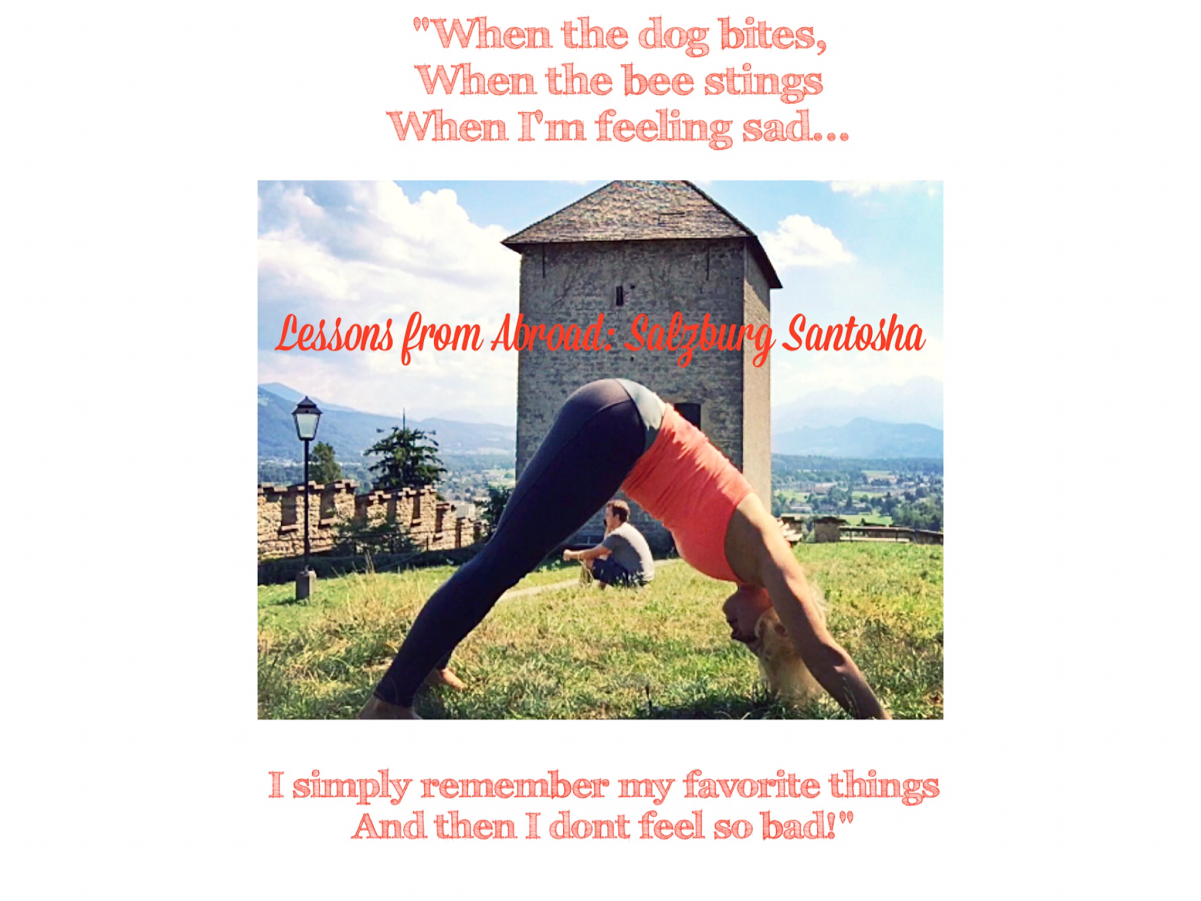I plunge my spoon into the glistening vanilla chocolate swirl, being careful to catch a drop of whipped cream as I lift it up to my lips.
Oh, the bliss! My taste buds dance throughout my mouth. I go in for another, then another. Suddenly its gone. My 18 euro elegant ice cream sundae disappeared in minutes. I want more… but do I need more?
Oh, the bliss! My taste buds dance throughout my mouth. I go in for another, then another. Suddenly its gone. My 18 euro elegant ice cream sundae disappeared in minutes. I want more… but do I need more?
Well, technically, I didn’t need it in the first place. Now my heart is racing from a sugar overload. I want to lie down for a nap, but I’m a least an hour train ride away from my hostel in Nice.
I am standing in the land of excess. I look around me. My environment has triggered a desire for more. I’ve never seen such numerous massive yachts congregated in the same bay. There must be at least 100 of them glistening in the sunshine with the backdrop of the intense cobalt blue French Riviera. Everything shouts too much!
With 37,800 citizens, Monaco is the second smallest and the most densely populated country in the world. Commonly referred to as the playground for the rich and famous and made up of 30% millionaires, real estate on this .78 square miles runs at an average of $58,300 per square meter!
I am standing in the land of excess. I look around me. My environment has triggered a desire for more. I’ve never seen such numerous massive yachts congregated in the same bay. There must be at least 100 of them glistening in the sunshine with the backdrop of the intense cobalt blue French Riviera. Everything shouts too much!
With 37,800 citizens, Monaco is the second smallest and the most densely populated country in the world. Commonly referred to as the playground for the rich and famous and made up of 30% millionaires, real estate on this .78 square miles runs at an average of $58,300 per square meter!
Monaco from my visit in 2011
However, Monegasques are not the only ones who indulge in excess. For those living in the United States (and other first world countries) it is clear that we do not have a realistic idea of what is enough. Western civilization has been culturally conditioned to focus on what we don’t have, rather than appreciating what we’ve already received or achieved. Everywhere we turn there are ads aimed at selling us bigger cars, bigger homes, and more. The definition of need has transformed drastically. Want and need have become equivalent. What are our real needs?
Almost everyone who reads this blog is rich.
You may not think so in the moment, but if you have a computer or smart phone, you are living in abundance. Let’s put things in perspective for a moment. Did you know that over 75 percent of the world’s population doesn’t have their basic needs met for clean water, food, and shelter? On the flip side, western countries have a huge excess of food.
Excess means that we have too much and we get distracted from our purpose.
We also have an excess of unwanted byproducts of our culture, such as pollution. While many of today’s problems seem to arise from scarcity, in the form of not enough money, many of our problems are quite the opposite: problems of excess.
Real scarcity means that we do not have enough to get by. This creates the weird global paradox: half of the world is starving to death, the other half eating themselves to death. They are tested with poverty; we are tested with plenty.
Almost everyone who reads this blog is rich.
You may not think so in the moment, but if you have a computer or smart phone, you are living in abundance. Let’s put things in perspective for a moment. Did you know that over 75 percent of the world’s population doesn’t have their basic needs met for clean water, food, and shelter? On the flip side, western countries have a huge excess of food.
Excess means that we have too much and we get distracted from our purpose.
We also have an excess of unwanted byproducts of our culture, such as pollution. While many of today’s problems seem to arise from scarcity, in the form of not enough money, many of our problems are quite the opposite: problems of excess.
Real scarcity means that we do not have enough to get by. This creates the weird global paradox: half of the world is starving to death, the other half eating themselves to death. They are tested with poverty; we are tested with plenty.
This Thanksgiving holiday is a reminder to pause and realize our plenty. Most of us celebrate this excess with our family in the form of a large harvest feast. We typically eat turkey, mashed potatoes, decadent green been casserole and pumpkin pie until we pass out or want to vomit. Why do we keep eating? What is enough?
Let’s go back to the decadent ice cream sundae. To every decision that we make, there are consequences. Sometimes we celebrate these results, and sometimes we regret. Eating ice cream did feel great per my taste buds at the moment, but I was doing damage to my blood sugar levels, emotional mood (tired), and my wallet.
The occasional feast or excess does serve a purpose; as does the occasional fast. By plunging into one extreme for a short period, we can recognize the value of staying centered and balanced.
When we wait until our stomach is growling or our nerves are worked up, it’s hard to try to make a good decision about what to eat and how much of it to consume in one setting; we often make poor decisions that go along with the phrase, “my eyes were bigger than my stomach.”
Let’s go back to the decadent ice cream sundae. To every decision that we make, there are consequences. Sometimes we celebrate these results, and sometimes we regret. Eating ice cream did feel great per my taste buds at the moment, but I was doing damage to my blood sugar levels, emotional mood (tired), and my wallet.
The occasional feast or excess does serve a purpose; as does the occasional fast. By plunging into one extreme for a short period, we can recognize the value of staying centered and balanced.
When we wait until our stomach is growling or our nerves are worked up, it’s hard to try to make a good decision about what to eat and how much of it to consume in one setting; we often make poor decisions that go along with the phrase, “my eyes were bigger than my stomach.”
Pumpkin Pie drawing by Hannah Faulkner
Symbolic of our excess
Symbolic of our excess
In yoga philosophy, Tapas refers to the activity of controlling our inner urges of more.
When we live in an environment of plenty, we need to learn to set boundaries for ourselves.
We should only consume what we can burn, in terms of energy. When we overindulge, we are not acting in consciousness and awareness of our own body. We should use this tapas concept, self-discipline, to plan out our healthy meals ahead of time, so that we do not lose ourselves to our greedy ego in the moments of desire. By developing habits of eating balanced proportions, we can choose quality instead of quantity. Fresh and Fit Meals is an excellent way to plan your balanced meals in advance.
When we live in an environment of plenty, we need to learn to set boundaries for ourselves.
We should only consume what we can burn, in terms of energy. When we overindulge, we are not acting in consciousness and awareness of our own body. We should use this tapas concept, self-discipline, to plan out our healthy meals ahead of time, so that we do not lose ourselves to our greedy ego in the moments of desire. By developing habits of eating balanced proportions, we can choose quality instead of quantity. Fresh and Fit Meals is an excellent way to plan your balanced meals in advance.
On the flip side, have you ever opened your refrigerator and thought, “I have nothing to eat in here,” when in fact you had many food items, but you were being blind to your excess? I did this the other day when my normal breakfast routine of salad with arugula, egg, avocado, and feta was not available. When I looked a little closer, I realized that I had plenty of ingredients that I could mix together to form a balanced meal. It just required a bit of creativity and stepping outside of my comfort zone.
So, why did I think that there was nothing to eat in the first place? Who was the voice telling me that I did not have enough?
This voice of scarcity is our ego. We all have an ego, but when we let it rule us, our lives spin out of control. The ego works together with fear. This fear manifests in the voice that roars, “I need more.”
We overindulge to fill a greater hole within ourselves, discontent. Maybe we have memories of hunger or poverty in our early childhood and we fear that we will have that unpleasant feeling again. The truth is, having an uncomfortable hungry feeling helps us to put food in perspective. Food is not meant to be our entertainment. It’s energy that is meant to nourish our bodies and minds so that we can live a productive life of purpose.
So, before you reach for your second serving of mashed potatoes or pumpkin pie, just pause and ask yourself, “Why do I need that excess? If you do give into the ego, then let this be a valuable lesson to yourself by tuning in to how your body feels afterwards. Do you still feel joyful and at peace, or do you feel guilty, tired, and grumpy? Are you operating under a mindset of scarcity or gratitude?
Oprah Winfrey states, "Be thankful for what you have; you’ll end up having more. If you concentrate on what you don’t have, you will never, ever have enough."
So, why did I think that there was nothing to eat in the first place? Who was the voice telling me that I did not have enough?
This voice of scarcity is our ego. We all have an ego, but when we let it rule us, our lives spin out of control. The ego works together with fear. This fear manifests in the voice that roars, “I need more.”
We overindulge to fill a greater hole within ourselves, discontent. Maybe we have memories of hunger or poverty in our early childhood and we fear that we will have that unpleasant feeling again. The truth is, having an uncomfortable hungry feeling helps us to put food in perspective. Food is not meant to be our entertainment. It’s energy that is meant to nourish our bodies and minds so that we can live a productive life of purpose.
So, before you reach for your second serving of mashed potatoes or pumpkin pie, just pause and ask yourself, “Why do I need that excess? If you do give into the ego, then let this be a valuable lesson to yourself by tuning in to how your body feels afterwards. Do you still feel joyful and at peace, or do you feel guilty, tired, and grumpy? Are you operating under a mindset of scarcity or gratitude?
Oprah Winfrey states, "Be thankful for what you have; you’ll end up having more. If you concentrate on what you don’t have, you will never, ever have enough."
At this year’s thanksgiving feast, my goal is to scoop up small portions, and slowly eat small bites. I’m going to pause with a deep breath of awareness and gratitude with every bite. I want the focus to be on engaging in conversations with my family and friends and spend my energy being conscious in the present moment, sharing joy and peace with those around me.
The practice of yoga helps us to tap into this gratitude and awareness as we focus on our breath and alignment. As long as we are still living, we can be grateful for our breath!
The practice of yoga helps us to tap into this gratitude and awareness as we focus on our breath and alignment. As long as we are still living, we can be grateful for our breath!
Twisting Boat with hands at Heart's Center
we are reminded to be grateful for our challenges and struggles as an opportunity to grow!
we are reminded to be grateful for our challenges and struggles as an opportunity to grow!
Along the same lines, one of yoga’s philosophical fathers, Pantajali, created a framework of guidelines to help us be more in touch with the joy and love that is within all of us. As I mentioned above, one of the Niyamas, guidelines for self-discipline, is tapas which controls how we consume and exert energy.
Another one of these rules is living a life of santosha, meaning contentment. Santosha signifies being happy with what we have rather than being unhappy about what we don't have.
We can minimize our hardships by focusing solely on everything that brings us joy. Even our struggles and challenges have a silver lining. When was the last time that you paused to appreciate the people that you passed on the street, the road that you walked on, the cars that let you merge into a different lane, the street signs and Google Maps that make it easy for you to know where you’re going, the rain that’s nourishing and plants and trees, etc?
If you'd like to learn more about Santosha, check out my mini yoga video course, Lessons from Abroad: Salzburg, where the focus is gratitude.
Another one of these rules is living a life of santosha, meaning contentment. Santosha signifies being happy with what we have rather than being unhappy about what we don't have.
We can minimize our hardships by focusing solely on everything that brings us joy. Even our struggles and challenges have a silver lining. When was the last time that you paused to appreciate the people that you passed on the street, the road that you walked on, the cars that let you merge into a different lane, the street signs and Google Maps that make it easy for you to know where you’re going, the rain that’s nourishing and plants and trees, etc?
If you'd like to learn more about Santosha, check out my mini yoga video course, Lessons from Abroad: Salzburg, where the focus is gratitude.
More about Monaco next week...



